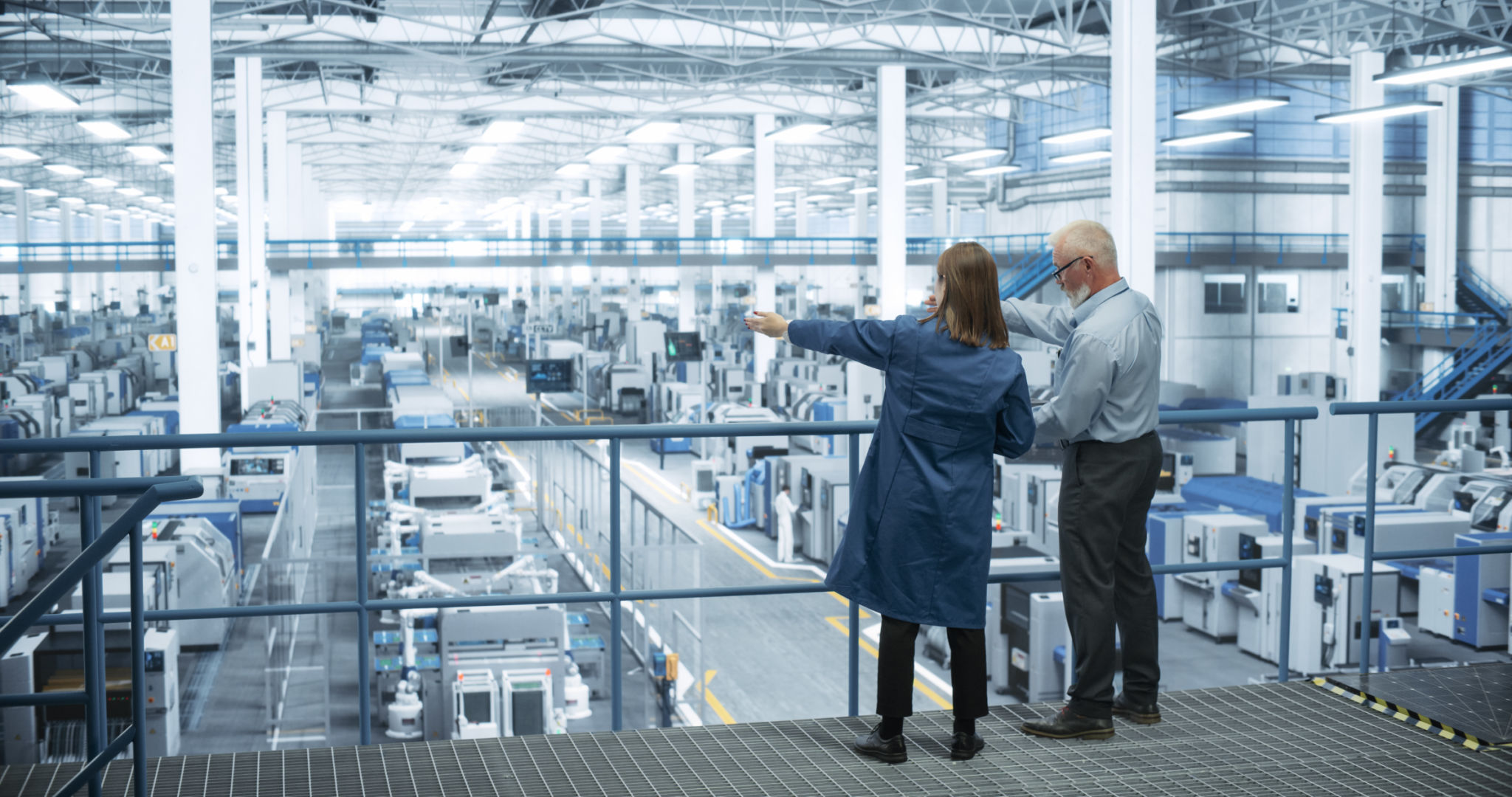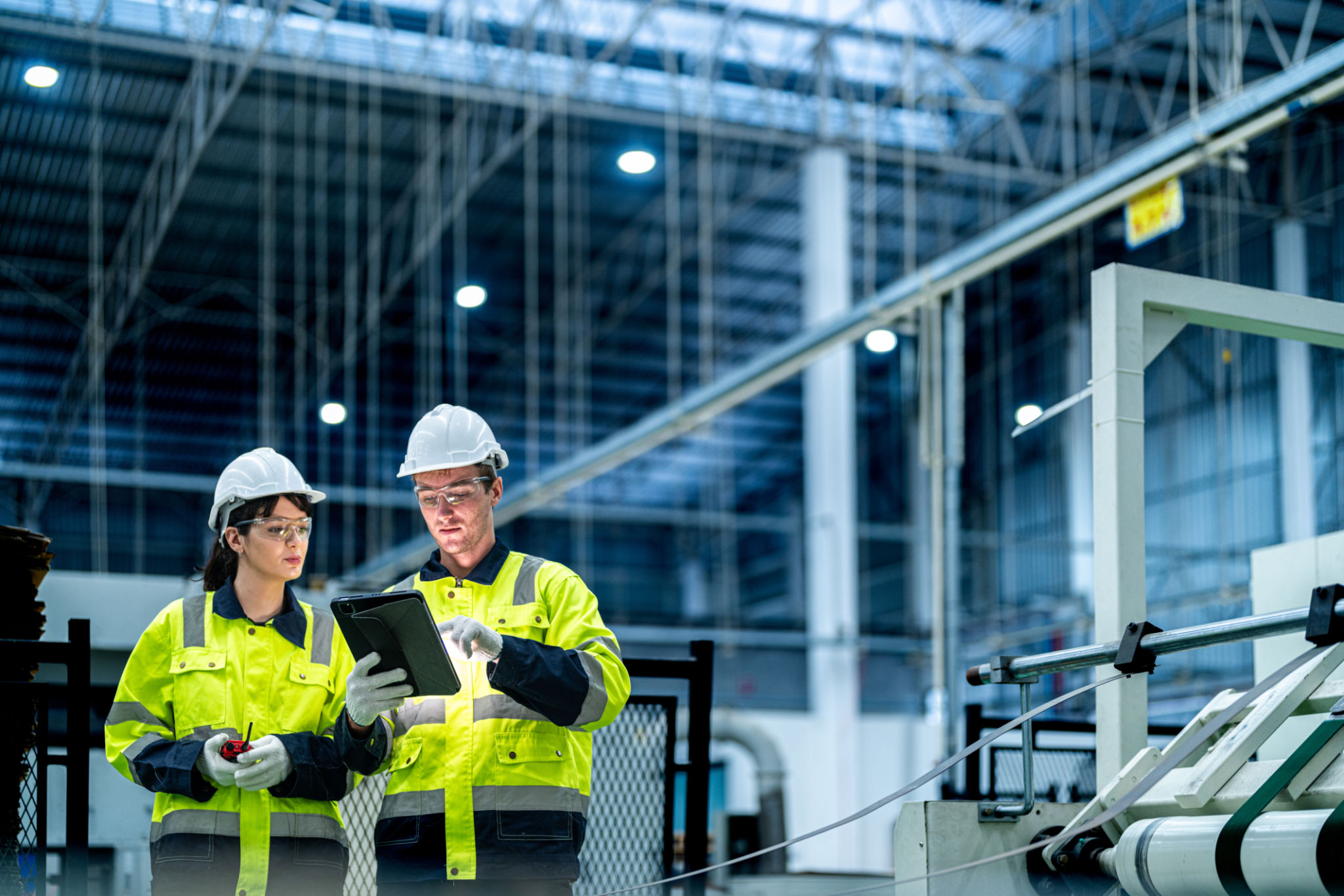Case Study: Transforming Manufacturing Operations in Delaware
Introduction
Manufacturing operations are at the heart of economic growth, and Delaware's manufacturing sector is no exception. In recent years, a series of strategic transformations have reshaped how manufacturing operations are conducted in the state, driving efficiency and innovation. This case study explores the key initiatives and outcomes of these transformative efforts.
Understanding the Challenges
Delaware's manufacturing industry faced several challenges, including outdated technology, inefficient processes, and a shortage of skilled labor. These issues were hindering productivity and competitiveness in a rapidly evolving market. Recognizing these obstacles, industry leaders and stakeholders embarked on a mission to revitalize the sector.
Identifying Technological Gaps
The first step in transforming manufacturing operations was identifying technological gaps. Legacy systems and machinery were replaced with modern equipment capable of supporting advanced manufacturing techniques. This shift not only improved production speed but also enhanced product quality.

Workforce Development Initiatives
A significant part of the transformation involved addressing the skills gap. Programs were developed to train workers in new technologies and processes. Collaborations with local educational institutions played a critical role in providing targeted training and certifications to equip the workforce with necessary skills.
Implementing Advanced Technologies
Integrating advanced technologies such as automation, robotics, and Internet of Things (IoT) solutions were pivotal in this transformation. These technologies enabled real-time monitoring and data analysis, leading to more informed decision-making processes.

Enhanced Efficiency and Productivity
The introduction of automation and robotics significantly reduced manual labor, allowing for more efficient use of resources. This not only improved productivity levels but also minimized errors and downtime, resulting in better overall performance.
Impact on the Manufacturing Landscape
The transformation efforts have had a profound impact on Delaware's manufacturing landscape. Companies reported increased output and profitability, while also attracting new business opportunities to the region. This revitalization has also contributed to job creation, further boosting the local economy.

Sustainability and Future Prospects
Sustainability has become a key focus in the transformed manufacturing operations. By adopting energy-efficient technologies and sustainable practices, manufacturers are reducing their environmental footprint while preparing for future challenges.
Looking ahead, the continued emphasis on innovation and sustainability will ensure that Delaware remains competitive in the global manufacturing arena. As other regions look to emulate this success, Delaware stands as a model for effective transformation in manufacturing operations.